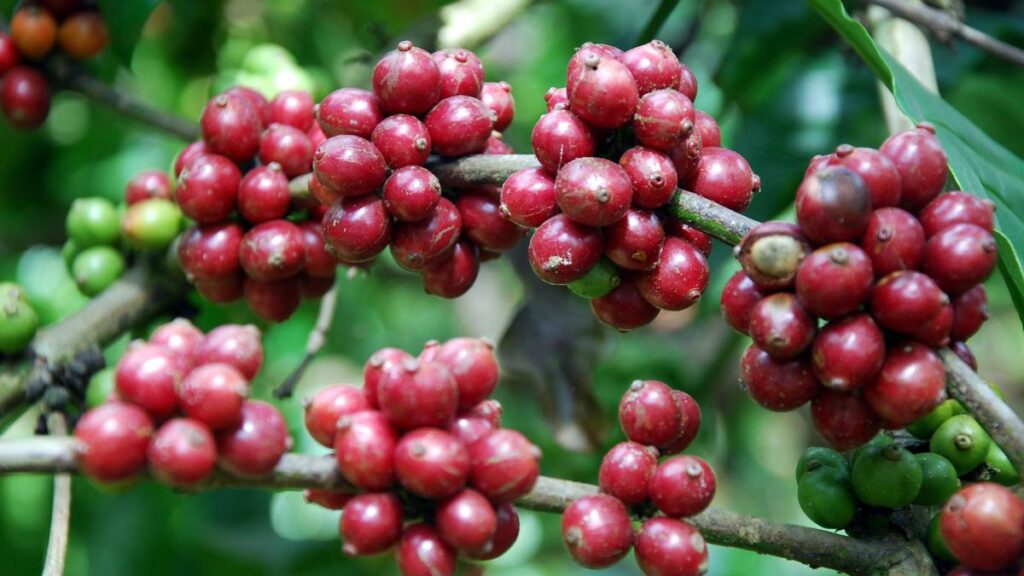Coffee Board recently held another round of industry consultation and the existing draft may be final.

A final draft of India’s new coffee legislation, Coffee (Promotion and Development) Bill, 2022, an effort to to refresh the archaic Coffee Act (1942), that is seen as overly regulating the commodity in the last over 80 years, is expected to be tabled in the Parliament in the ongoing monsoon session.
The Coffee Board recently held another round of industry consultation and the existing draft may be final and expected to be tabled in the Parliament soon, if other changes are not recommended by any ministries concerned.
K.G. Jagadeesha, Coffee Board, CEO and Secretary, told The Hindu: “The intention of the government is to place the draft for consideration during the monsoon session, depending on clearances from various ministries.” Mr. Jagadeesha said the existing Act has been adversely impacting the marketing and consumption of the commodity.
Organisations supportive
“Looks like various coffee organisations and industry stakeholders are supportive of the draft that is ready. They are happy that an amendment has been made to the old regulation with archaic provisions. So it may be the final draft unless concerned ministries want to make further changes,” he added.
The board met a large contingent of industry stakeholders comprising the United Planters’ Association of Southern India (UPASI), Karnataka Planters’ Association (KPA), Karnataka Growers’ Foundation, Coffee Exporters Association, members of the Coffee Board, labour union representatives, roasters, curers, and exporters recently.
Mahesh Shashidhar, chairman, KPA, said the industry was expecting the new coffee legislation would do away with several unwanted licenses, permissions, and need for repeated registrations that growers, curers, roaster, and exporters had to furnish so far. “We expect it to be more simplified and industry-friendly,” he added.
Many changes since 1942
According to Ramesh Rajah, president, Coffee Exporters Association, the coffee industry and the market dynamics of the global commodity has drastically changed several times since 1942. “What we now require is a legislation that supports a holistic growth of the sector and not something that ties us up,” added Mr. Rajah.
The new legislation is also expected to promote economic, scientific and technical research in coffee, including breeding new varieties and focusing on sustainable coffee production.
The Coffee Board itself may go through a transition once the new coffee Act is in place as it was constituted in 1942, as per the draft.
source: http://www.thehindu.com / The Hindu / Home> News> India> Karnataka / by Mini Tejaswi / July 22ns, 2023

